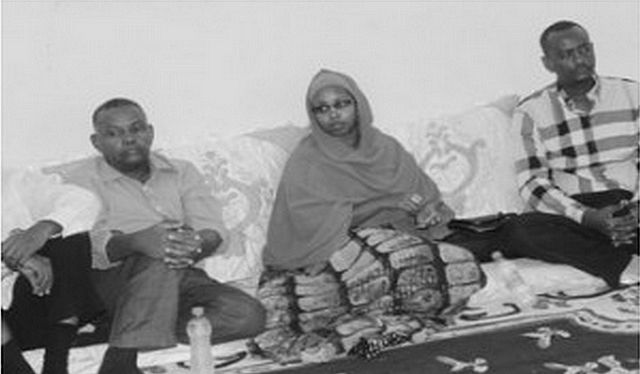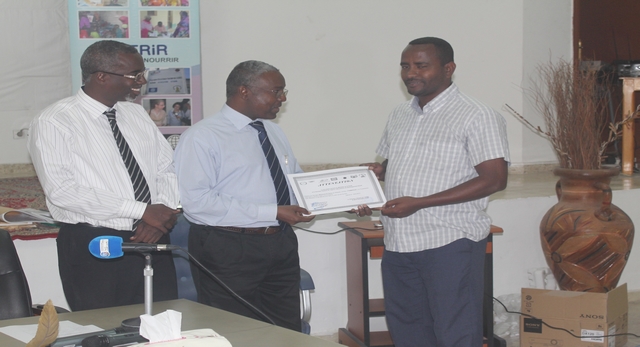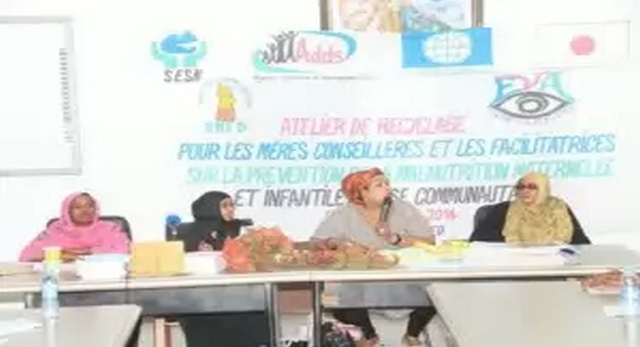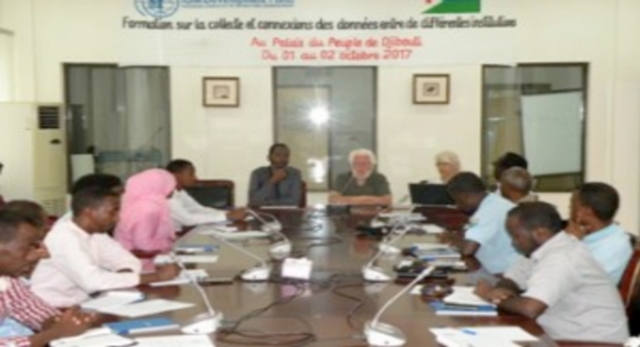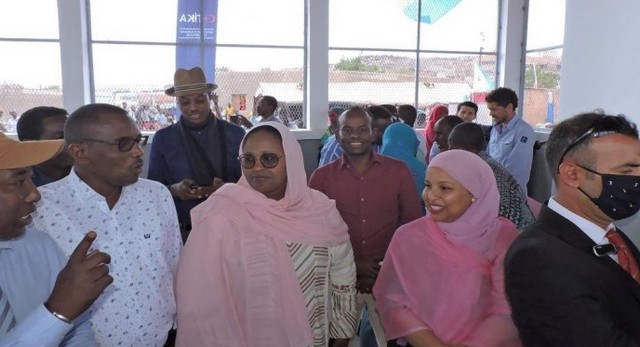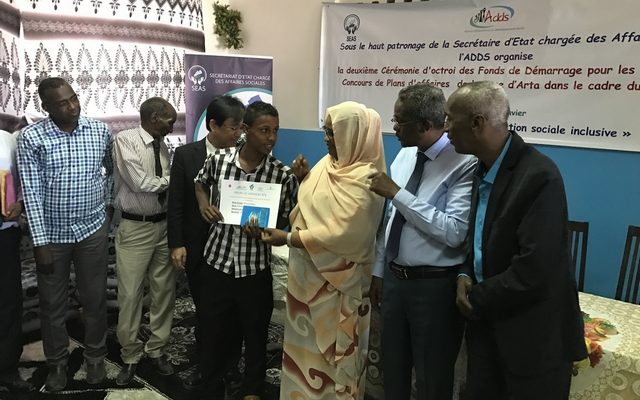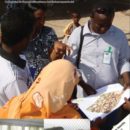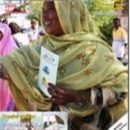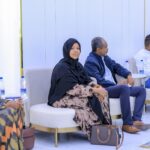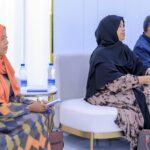As part of the monitoring and maintenance of photovoltaic power plants in rural areas, ADDS (The Djiboutian Social Development Agency) provided battery storage of electricity in photovoltaic power plant in the locality of Ali Addeh in the region of Ali Sabieh.
A team, with several senior Djibouti Agency for Social Development (ADDS) visited Monday 24 August in the village of Ali Addeh in the region of Ali Sabieh.
The visitors did not go empty handed. They awarded nine batches of twelve batteries each, for storage of electrical energy to the photovoltaic plant of this village.
The operation followed a purchase of new generation batteries, fully funded to the tune of twelve million (12,000,000) of our francs by the National Solidarity Fund (NSF).
Incidentally, the creation of the solar plant is part of government policy promoting population’s access to basic social services and poverty reduction.
This plant powered by 270 solar panels, with a production capacity of 62 KWC provides permanent electrical energy to the village of Ali Addeh.
Its implementation was made possible through the financial support of the South Korean Cooperation Agency has contributed one million dollars and the Djibouti government has devoted a budget of 15 million of our francs. It was inaugurated January 12, 2013 by the President of the Republic.
The commissioning of this entity of solar energy allowed the administrative buildings of the resort, but also two hundred and eight (208) households and commercial premises to benefit from clean electricity and cost .
Besides lighting after dark twilight, the villagers have received all the benefits of access to rural electrification by solar energy. These include refreshments, television, electric current to recharge mobile … etc.
But lately, the first failures of this photovoltaic plant have emerged after two years of operation. The feeding of electric current subscribers was not at all assured in the evenings. And over time, night delivery of electric current is increasingly narrowed.
What prompted the sub-prefect, Chaaban Daher Moussa, the village notables and traditional chiefs to call those responsible for ADDS in the month of Ramadan 2015. A call that was followed effects, because new batteries have arrived since.
According Paillart Emanuel, head of projects at the World Bank, the problems came from old batteries are not properly stocked energy. Battery set for a lifetime of three years but who have not kept their promise, he said.
According to him, the high temperatures of the hot season in the region would probably have reduced their lifespan.
By cons, he has announced the new batteries delivered last Monday to the photovoltaic plant has a life existence of eight to ten years. They also offer a capacity exceeding electric power loading over older.
The production of electricity will increase from night sixty kilowatts / hour (60kwt / h) to sixty three kilowatts / hour (63kwt / h). This increase will allow the photovoltaic plant to meet several require subscription and thus expand its distribution network.
After the battery delivery ceremony held in the facilities of the photovoltaic plant, some local officials have expressed on behalf of the inhabitants of Ali Addeh their sincere thanks to the management ADDS who promptly responded to their complaints.
For its part, the engineer Abdurahman Awaleh, head of rural electrification ADDS, announced the full availability of its parent to provide maintenance of the photovoltaic power plant and building electrification projects in this rural area.
Founded in 2009, the rural electrification service ADDS, is destined to meet the energy needs of the target communities by the national rural electrification program using solar energy.
Rural Electrification Ali Addeh: ADDS strengthens the capacity of the central
A propos

L’Agence Djiboutienne de Développement Social, Etablissement public à caractère administratif, issue de la fusion de l’ancienne Agence Djiboutienne d’Exécution des Travaux d’Intérêt Public (ADETIP) et de l’ancien projet Fonds Social de Développement (FSD).
- Agence Djiboutienne de Développement Social
- Avenue Mohamed DJAMA ELABEH Plateau du serpent
- BP:4298 Djibouti
- République de Djibouti
- Tel: +253 35 86 55/ +253 35 82 82
- E mail: direction@adds.dj
- Site Web: www.adds.dj
Nous localiser via google map
© Agence Djiboutienne de Développement Social - 2025. Tous droits réservés

